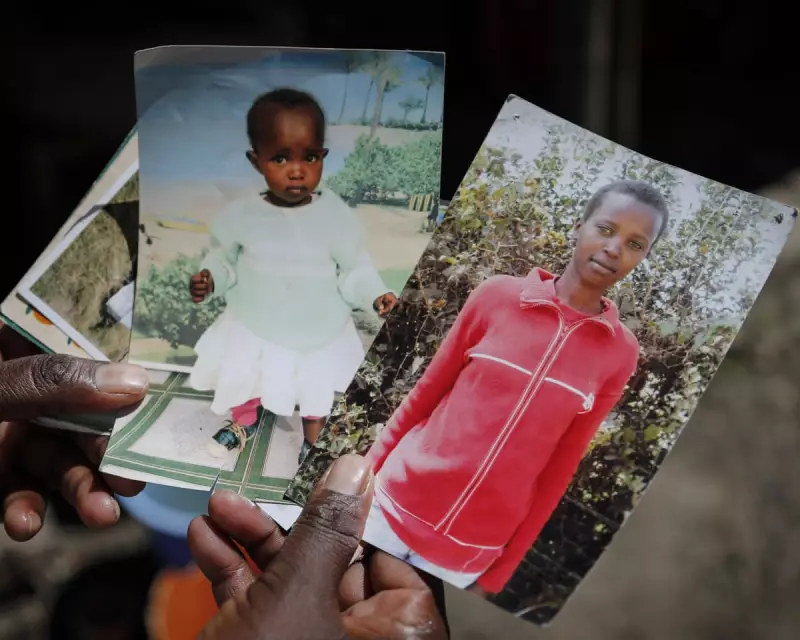
For over a decade, the name Agnes Wanjiru has become a painful symbol of injustice and impunity, a case that stretches from a Kenyan town to the heart of the British military establishment. The 21-year-old mother was found murdered in 2012, shortly after being seen with British soldiers from a nearby army camp. Her story is one of a family's relentless quest for answers and a damning allegation of a systemic cover-up.
A Night Out and a Tragic Discovery
In March 2012, Agnes Wanjiru, a young mother working as a sex worker, visited the Lions Court hotel in Nanyuki, a town adjacent to the British Army Training Unit Kenya (BATUK). She was seen socialising with British soldiers that night. She would never be seen alive again.
Her body was discovered two months later, sealed inside a septic tank behind the hotel. A post-mortem examination revealed she had been stabbed multiple times. The horrific nature of her death sent shockwaves through the local community and pointed towards a brutal crime.
Whispers of a Soldier's Confession and a Wall of Silence
Shockingly, reports soon emerged that a British soldier had confessed to his colleagues that he had killed a Kenyan woman. Despite this, no immediate action was taken by the army to inform Kenyan authorities or launch a proper investigation. This failure to act allowed crucial evidence to disappear and suspects to leave the country, effectively burying the truth alongside Agnes.
For years, the Wanjiru family, alongside Kenyan journalists and human rights activists, battled against a wall of official silence from both the Kenyan and British governments. Their struggle highlighted the immense power imbalance and the apparent disregard for the life of a young Kenyan woman.
A Long-Delayed Inquest and Continued Delays
The case finally gained significant traction in the UK after a major investigation by The Guardian in 2021, forcing the Ministry of Defence (MoD) to acknowledge the scandal. A coroner's inquest in Kenya concluded in 2022, ruling that Agnes was "unlawfully killed" and that there was "credible evidence" linking British soldiers to her death.
Yet, justice remains elusive. While the MoD has repeatedly stated that it is cooperating with Kenyan investigations, no soldier has ever been charged. The identity of the suspected murderer, widely known within army circles, remains protected. The case stands as a stark reminder of the challenges in holding powerful institutions accountable for crimes committed abroad.
An Unending Fight for Justice
Today, the memory of Agnes Wanjiru is kept alive by her family, particularly her daughter Starr, who was left an orphan. Their fight is not just for one soldier to face trial; it is a fight for the principle that no one is above the law. It challenges the ethics of international military presence and the agreements that often shield soldiers from local prosecution.
The story of Agnes Wanjiru is far from over. It remains an open wound and a test of whether the UK will truly honour its promises of transparency and justice, or if her name will simply fade into a history of unresolved tragedies.





